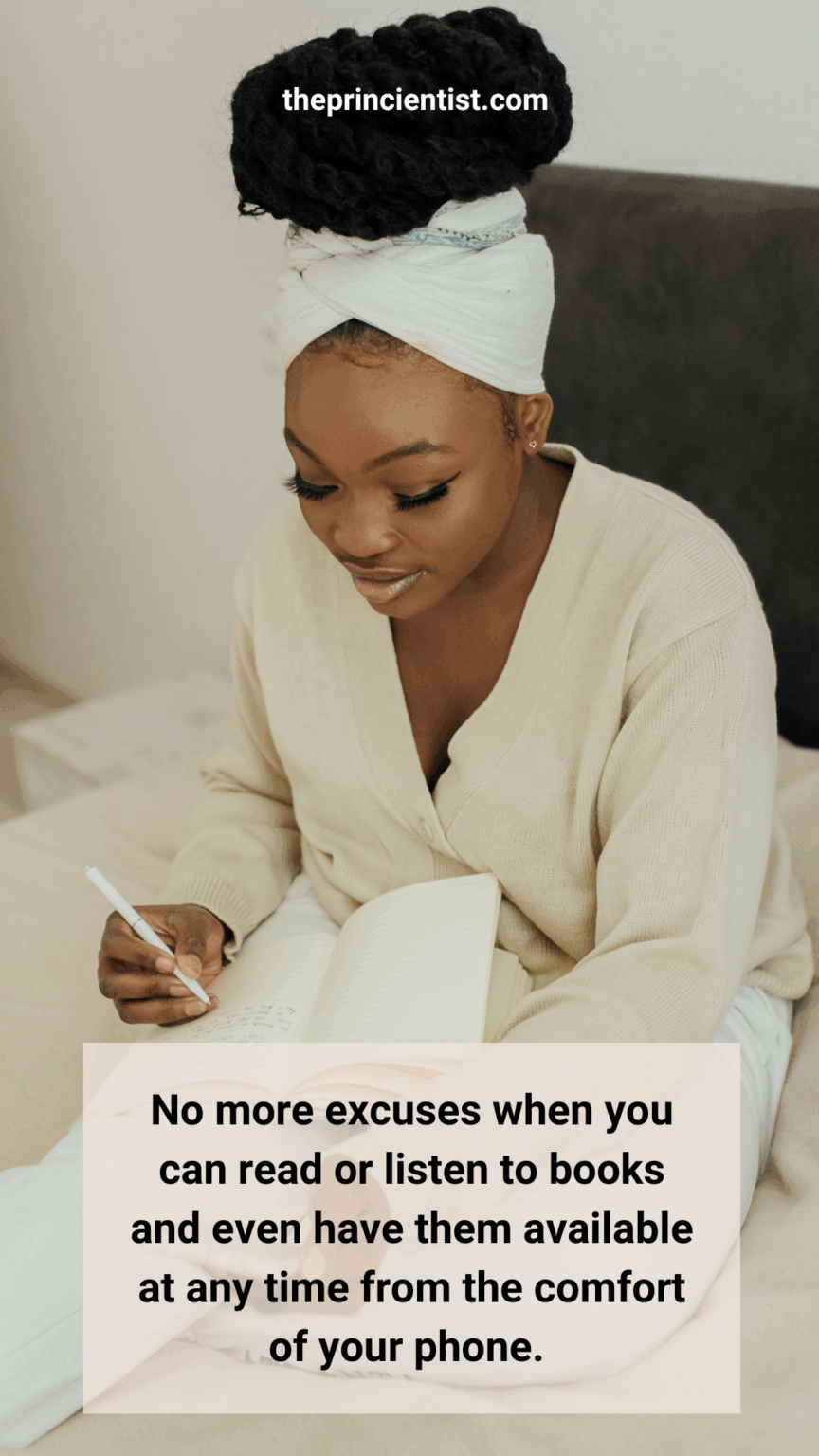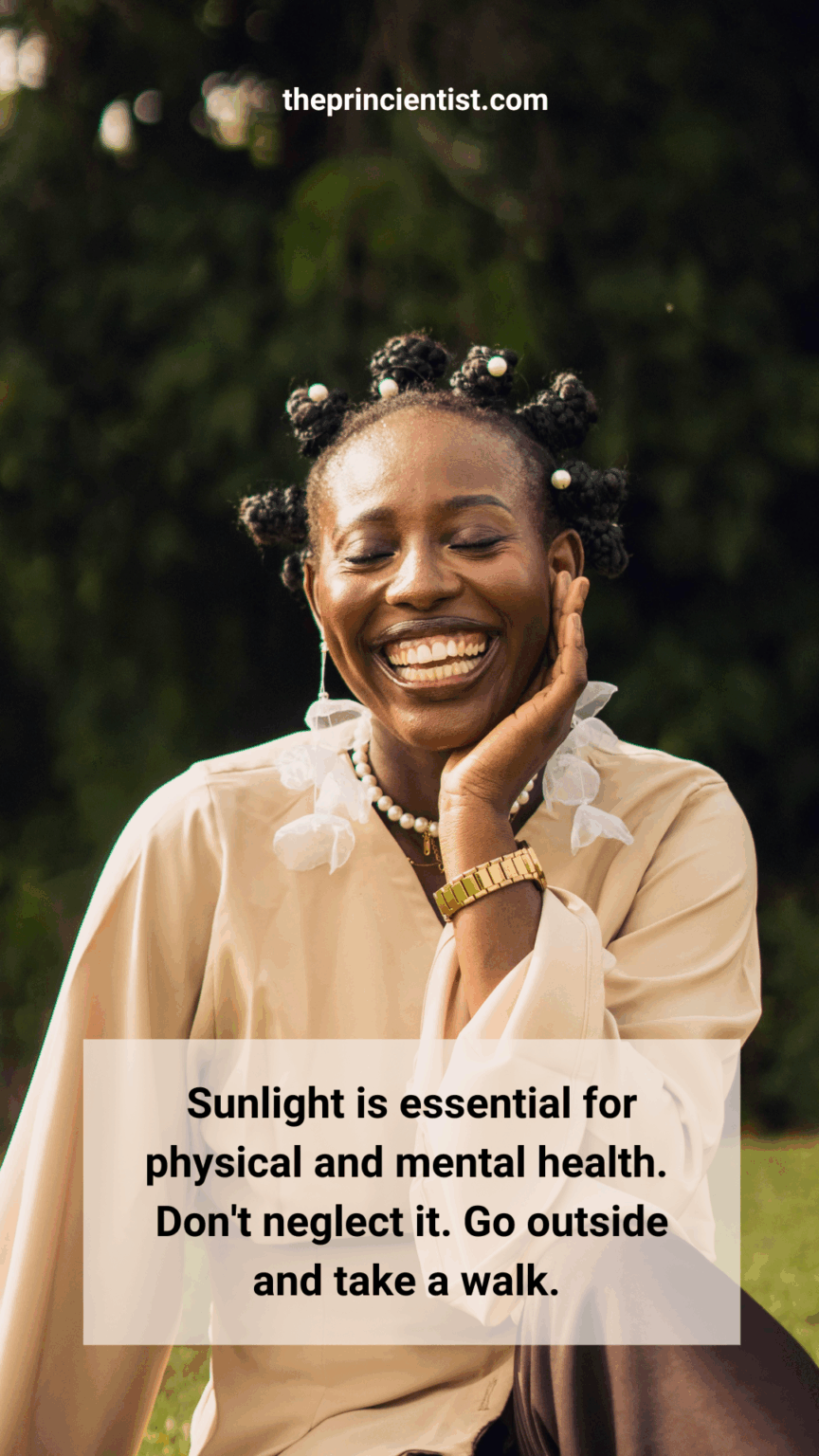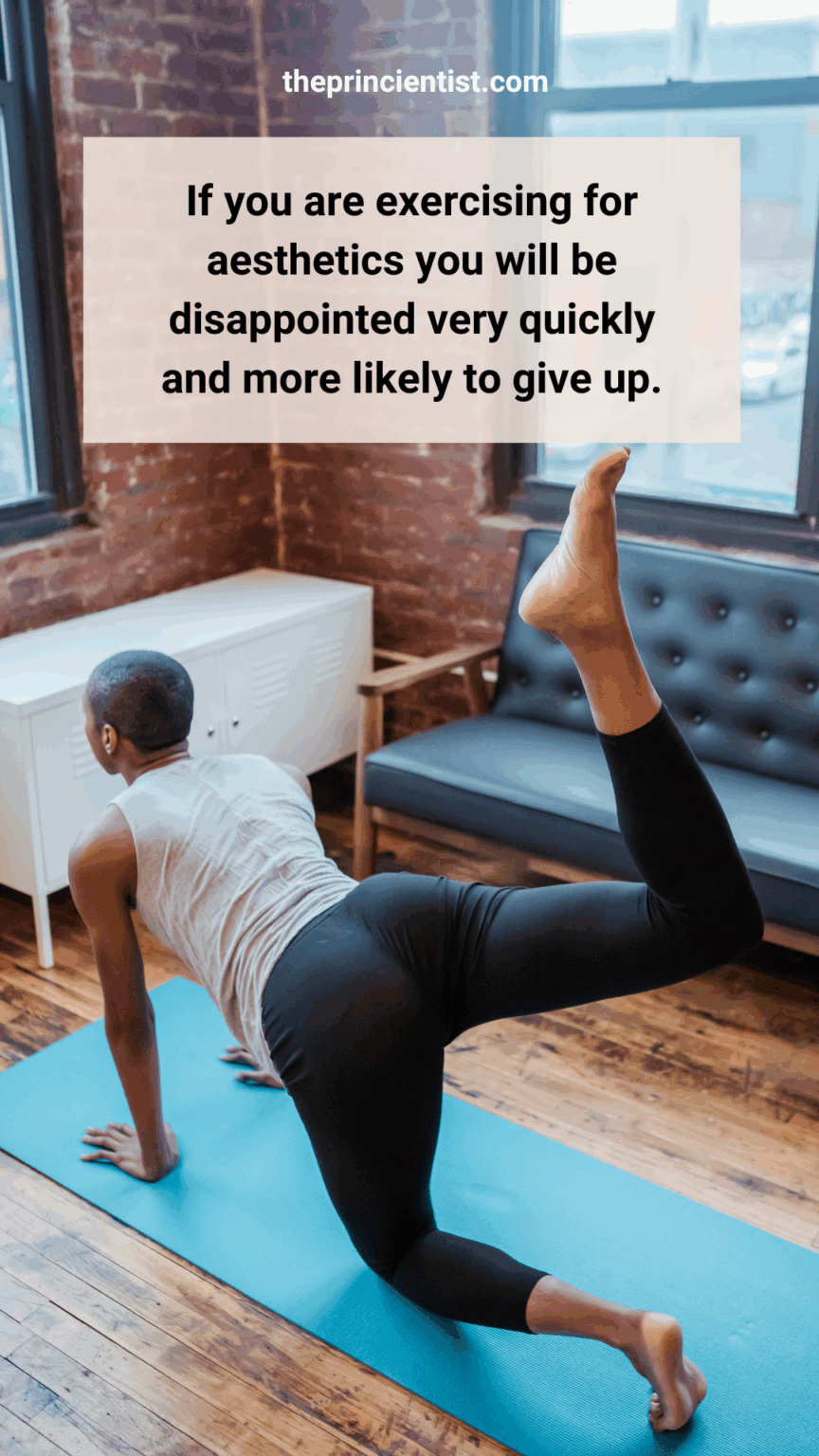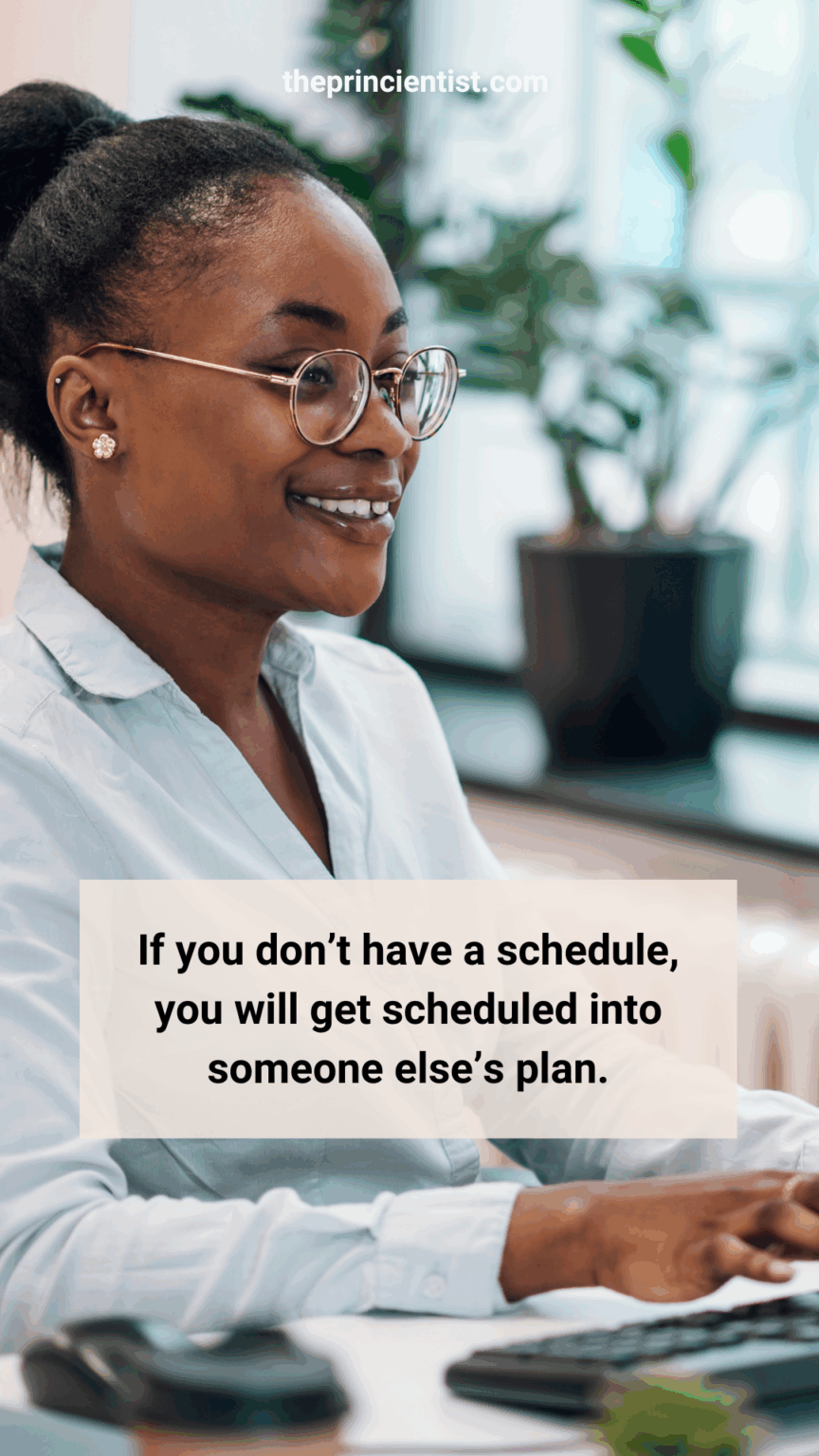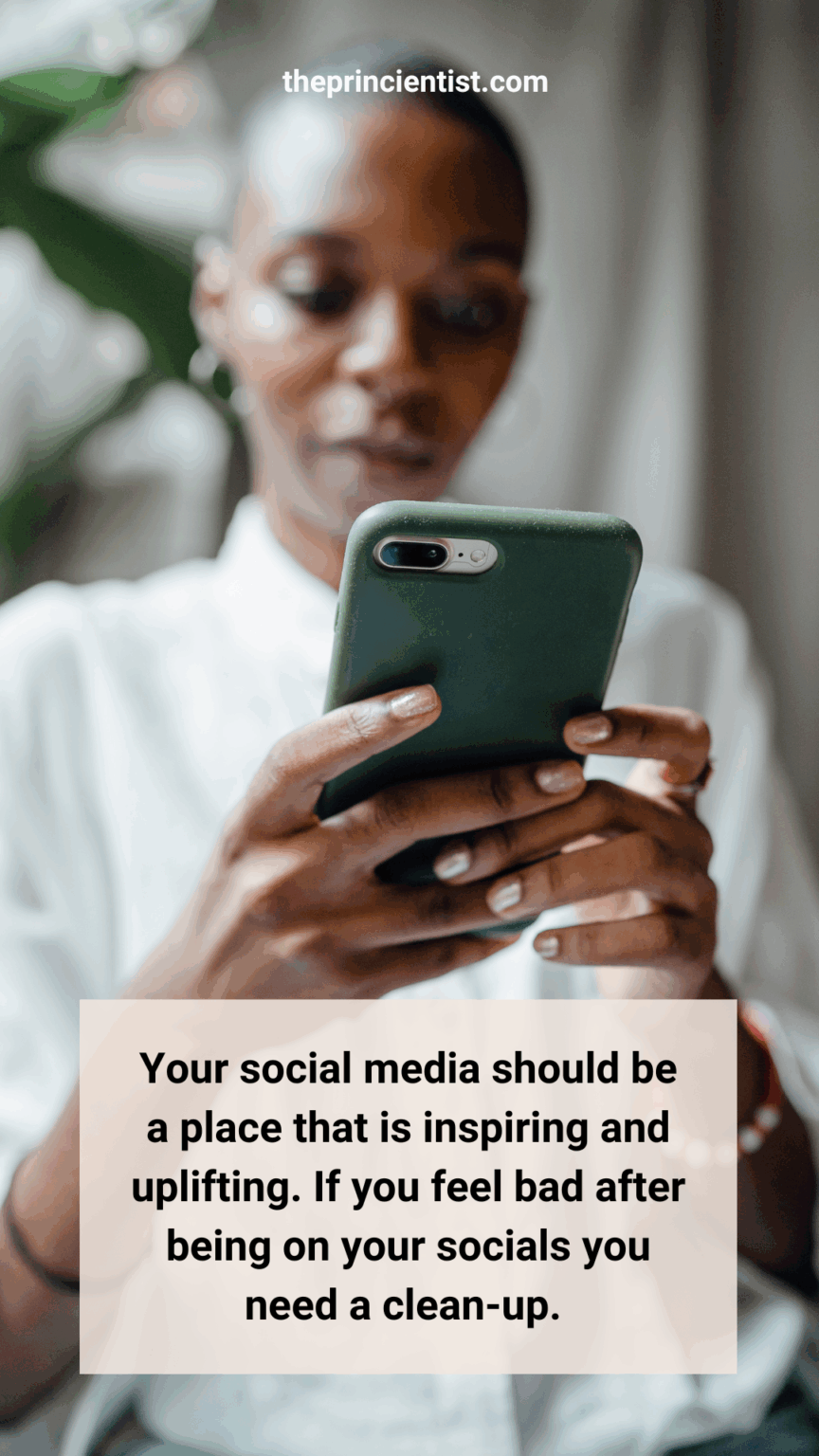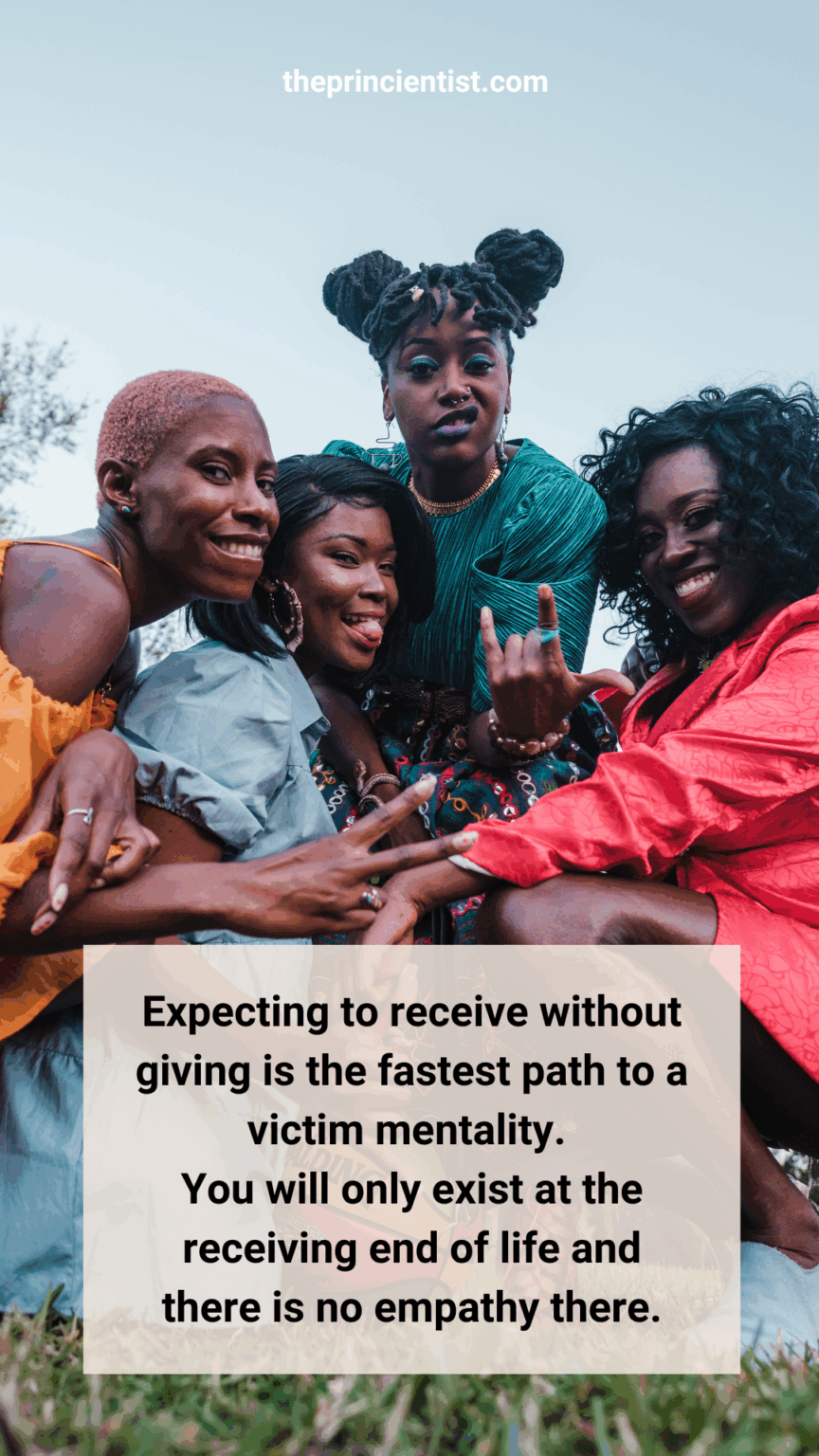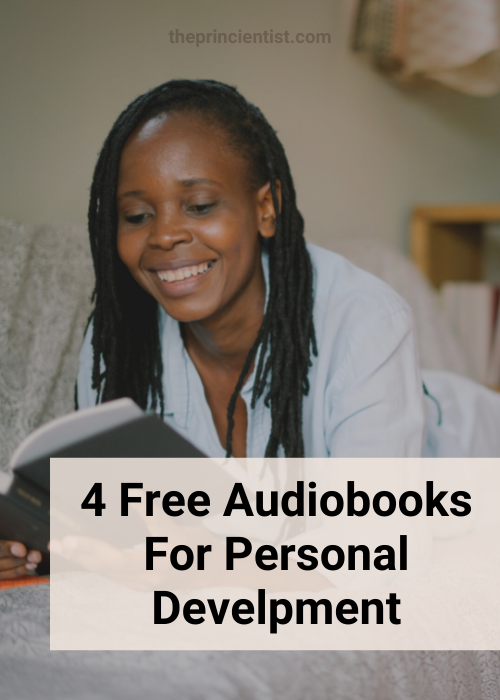Last updated on October 12th, 2025 at 11:20 pm
Become Your Best Self Today On a Budget
No one will come and change your life for you, or give you the tools for self-improvement.
You will not just start exercising or eating healthier.
There is no moment where it all magically gets better.
You have to decide to start living life.
This post is all about giving you the best self-improvement tips.
Set a budget
With the budget you have available, live a life with the good habits you wish to cultivate and slowly upgrade from there.
Time and money are interchangeable.
If you have the money, you can save time.
If you have no money, you will spend more time achieving your goals.
With a small budget, you will need to dedicate time to understanding how you can do what you want within your budget.
Perhaps you’ll need to shop second-hand before visiting other stores to find new clothes.
Alternatively, you’ll have to start visiting free and affordable places in your city before you have the money to travel abroad.
It may take you a year of saving to buy that trip.
But get started on your self-improvement journey.
With the resources you have available.
To help you get started, I wrote this post.
Find below 10 free things you can do for self-improvement.
Let’s get started!
1. Practice sleep hygiene
Good sleep hygiene means you have a bedtime routine and sleeping space that let you have consistent uninterrupted sleep.
This is specially important if you tend to have a hard time falling asleep or often sleep during the day to relieve fatigue.
A good night’s sleep is essential to both physical and mental health.
In the long term, it contributes to a better quality of life and higher productivity.
Don’t underestimate this step.
None of your other goals can be achieved if you are always tired and have no energy to put in the work.
Now that you understand the importance of being well-rested, read below to get started.
– Have a sleep schedule.
You can start by setting a fixed time to sleep and wake up, even during weekends and vacation time.
A sleep schedule helps maintain your body’s internal clock and bodily functions balanced.
– Don’t make radical changes to your current sleep schedule.
Instead, from your current bedtime, change it every two weeks by 30 minutes to 1 hour earlier or later (your preference).
– Remove distractions from your sleep area.
No cellphones, TV or computers.
And lights out 30 minutes before your chosen bedtime.
Make these changes and your brain and body will thank you.
2. Read
If you want to improve your life, books are the most efficient way to start.
Right now, you have a fixed set of beliefs and way of thinking.
Books bring new ideas to help you evaluate your decisions and why you are making those decisions.
You can increase self-awareness and make an honest evaluation of your life from a new and refreshing standpoint.
Wisdom, inspiration and motivation are a few of the things you will get from taking a peek inside the mind of those who are successful and willing to share their journey.
You will become more open-minded and gain a better understanding of others and yourself.
Also, reading improves brain connectivity, vocabulary, and comprehension.
A few tips below to help you read more.
– Find free books.
– Your local library usually has many books they are willing to borrow for free.
– Audiobook platforms also have free books available.
– Online libraries like Z-libraries can help you get e-books directly on your phone.
No more excuses when you can read or listen to books and even have them available at any time from the comfort of your phone.
– If you are not used to reading, start with two pages a day.
Do not underestimate those two daily pages.
I have been reading a chapter a day from books I’ve had on my shelf for years, and I have already finished over a dozen in less than one year.
The impact they have had on my life planning and decision-making is impactful.
– Read with intent.
Meaning, apply what you read.
Knowledge without action is meaningless.
If you are reading to hoard knowledge but don’t put it into practice, you are wasting your time and the writer’s.
It may sound harsh, but it is the truth.
Small efforts brought me many changes in my mindset and actions.
Give yourself a try as well.
– Don’t turn it into an obsession.
It is easy to get caught up in how many books you are reading and how much you want to scratch another off the list.
Ask yourself, do you enjoy reading and gaining new knowledge, or do you want to read many books?
Enjoy the one you are reading now like the company of an old friend.
Don’t rush.
– Talk with your friends about the ideas and lessons in the books.
Alternatively, write the ideas in a journal.
It helps to reinforce the information you have acquired, and you can get clarity, as well as another point of view to analyse.
This also improves your social skills because you bring a new topic for an in-depth conversation.
3. Get sunlight
Sun is life.
Literally.
The distance from the Earth to the sun is what makes it so hospitable for all life forms.
So don’t neglect it.
Moderate exposure to the sun has many benefits.
It can help you sleep better, uplift your mood and boost your energy levels.
I deliberately started getting sunlight this year, and my anxiety level dropped from 90% to 10%.
Other factors took part in it as well, but I can feel the negative difference in my mindset and body when I spend long periods without sunlight and in isolation.
A 2020 review suggests you have a higher risk of depression if you have low vitamin D levels.
And vitamin D, unlike other essential vitamins, must be obtained from sunlight.
You should spend at least 30 minutes in the sun every day, if you can.
Black people also need more time in the sun than other ethnicities to absorb the ideal amount of vitamin D.
However, it is not easy to find time to leisurely spend getting sunlight.
I leave you with a few suggestions to help you get more sunlight:
– Protect Yourself.
Don’t forget your sunscreen and SPF lip balm.
– Use your free time
During your lunchtime or break, you can go outside and sit in the sun.
Heat your food, find a quiet place and enjoy.
I usually bring my breakfast from home and eat it outside in the morning.
You can also read outside in sunlight.
– Walk to work or home.
Get off the bus a few stops before yours and walk.
You can not only exercise but also listen to music and make it a fun time for yourself.
Or turn on an audiobook and multitask.
– Opt for outdoor activities
Go to places like the beach, a hike, a coffee shop with a terrace or a picnic.
4. Exercise
The goal should not be achieving a certain body aesthetic.
Especially because the results from exercise take a long time to be physically noticeable.
If you are exercising for aesthetics, you will be disappointed very quickly and more likely to give up.
Remember that your body is your home.
It is not a tool to please other people and should not be kept in shape exclusively for attention.
You should exercise your whole body and not just your butt and abs for aesthetics.
The focus should be on your health.
You may feel young and fine without exercise in your life right now, but I want you to think about who you want to be in 1 year, and 2 years.
That version of you needs you to be healthy and fit to face the challenges life brings you.
You should exercise as frequently as you can, for as long as you have time within that day.
If it is once a week for 15 minutes, it is more than what you did before.
There are many forms of exercise, but you should train with 3 focuses: strength, flexibility and endurance.
A few tips below:
– Stretch for flexibility.
Do it in the morning and before bed.
Move your body during the day.
– Increase cardio
Running, riding a bike, and hiking are all forms of endurance training.
Cardio is good to increase stamina and strengthen the heart.
– Use your body weight for strength training.
Do pushups, planks, and lunges.
– Use free resources available
– Find your body type (not body shape used to dress better in fashion) to adjust your diet and training accordingly.
– YouTube has exercises for free.
Choose qualified professionals.
Nike has an app that also helps create a training programme.
Do your research, and you will find that there are many free options.
5. Have a life plan
The easiest way to find yourself living a life you don’t like is by not having any plans.
Most people live day by day without a plan, not realising that days add into months, and months add into years.
Nothing more than an appendix without ever truly knowing what you like or want.
Take the time to write a life plan.
A life plan is not a fixed schedule.
It is a tool to help you live your life and make better decisions according to the best version of yourself, and say no to things outside of that journey.
Planning gives you an idea of what you hope to accomplish.
You have to sit down and have a real conversation with yourself to clarify your priorities.
Ask yourself, what do you want from life outside of the expectations of your parents, siblings and lovers?
You will get real with your current reality and acknowledge where you are and what is not working.
And work with what you have to do better.
Let me point out a common mistake when planning and a solution.
The mistake: Setting too many goals with unrealistic expectations and no action plan.
When most people decide to change their lives, they want to change everything.
And all at once.
It starts with something like: “I will exercise every day, and read a book a month. I will eat healthily and save money. I will wake up 2 hours earlier. No more TV. I will start a skincare routine and drink more water.”
Unfortunately, this mindset proves to be ineffective and draining very quickly.
You will give up most of these goals within 2-3 months and feel like a failure.
There is a limit as to how many new habits you can implement at once.
And without a realistic action plan and a time limit for each goal, you will not be successful.
One Strategy: Use Smart Goals
SMART is an acronym that stands for:
– Specific: The goal you set should be specific, and you shouldn’t be able to misinterpret or confuse it.
– Measurable: The goal should allow you to track your progress.
– Attainable: The goal needs to be realistic.
– Relevant: A relevant goal relates to your values, dreams, and ambitions
– Time-bound: There needs to be a target date for completion, such as four months or one year.
Strategy example for self-improvement: How to apply it in your life
Step 1: Make a list of the things you wish to improve and decide how long they should take:
- Take into account the following areas of your life: work, education, relationships, finances, physical health, and mental health.
- Order your list in order of priority in each category.
- Choose 1 item from each category and work on it.
- When doing the list, think about how and where you wish to be in the future. The goals should be in line with that.
Example: A year from now:
I wish to have a new job that pays 50% more (always be specific with details and numbers) in the tech area. – Work
I want to spend more time with my family every other weekend at dinner.
I want to make 2 new friends to go dancing – (define the when, where and duration of activities). – Relationships
Have a 1500$ saving. – Finances
Eat a piece of fruit every day. – Physical health
Spend a maximum of 2 hours on social media. – Mental Health
Step 2: Separate tasks into microgoals.
Micro goals are the small steps you have to take before achieving a big goal.
For example, in the work area would be:
- Save as much as you can to quit your job in peace.
- Decide what position you want to apply for.
- Rewrite your resume according to the position you want.
- Find companies you wish to work for.
- Improve your resume by learning new skills.
- Apply for jobs.
Step 3: Schedule time realistically.
If you only have 30 minutes a week to spend with your family, then don’t go for dinner.
Call them for coffee instead, or choose an activity outside the house.
Step 4: Be consistent
Don’t punish yourself when you forget or choose not to do something important.
Compliment yourself regularly when you do things right.
If you forget to do something, simply start again as soon as possible.
Don’t beat yourself up.
Apply the strategy.
Adjust it to you.
6. Clean out your social media
I’m currently in the middle of doing this, and it has been life-changing.
Your social media should not be a place that creates anxiety and comparisons.
It should be inspiring and uplifting.
If you feel bad after being on your socials, you need a clean-up.
On each social media:
– Update your privacy settings.
Make sure your apps are not tracking you.
– Go to your followers.
See who is there that you no longer want to have access to you.
Maybe it is an old friend you are keeping out of politeness or a co-worker.
– Respectfully remove anyone you don’t feel comfortable showing your true self.
– Go to the people you are following.
If they cause you to compare yourself or fill you with jealousy. Remove them.
Also, stop following people you don’t like.
– Instead, follow people who inspire you.
People who are doing what you want to do or have the life you are working toward.
– Delete old photos and update your socials with a new one.
Mark it as your new beginning on social media.
– Be yourself.
Don’t try so hard to fit into an aesthetic or be internet famous.
Share what you like and create content that aligns with your lifestyle.
– Be social.
Social media is fun when you engage with people you like.
If someone makes you laugh, drop an emoji.
If they teach you something, thank them.
You will be surprised at how fun social media can be.
– Also, the algorithms show you more of what you engage with, so engage with things that make you happy.
You can also reset your social media algorithms.
Alternatively, start a new social media profile.
7. Declutter
Decluttering is something you can do all at once or little by little.
Either way, it must be done.
Decluttering increases productivity and creativity.
It opens space for new and better things.
Declutter clothes, shoes, and books.
See what you have and what you need.
Revisit old versions of yourself and prioritise the current one.
What do YOU need? How do you want to dress? What do you want to read?
Give away what does not align with that perspective.
Choose 1 or 2 tasks maximum per day and start working on them daily.
Some decluttering ideas below:
– Try on your clothes.
A piece of clothing a day to make it easier.
If they don’t fit or they don’t reflect the current version of you, give them away.
Remember, you can always buy better clothing, and you are creating space for a better version of yourself.
– Photos, books and drawings.
For things that occupy space and have emotional value but no use, take a photo of them and then throw them away.
This helped me get rid of so many things.
– Makeup, skincare products and old perfumes.
When expired, these products are harmful to your health and should be thrown.
– Fix any stained, ripped underwear and socks.
– See the videos you have saved in YouTube.
The TED Talks, the inspiring videos, and that tutorial.
That information may change your life.
– Backup your photos to a cloud and delete old photos and videos from your phone.
Post the photos you wanna post.
– Delete old papers and documents from your computer.
– Clean your email.
Delete old and unused email addresses.
Unsubscribe from things that no longer interest you.
This is enough to get started.
8. Give before you receive.
The secret to living a life that owes you nothing.
It is how I learned to stop being selfish.
Also, how I created meaningful connections.
How the world changed 180º from feeling alone to understanding I made myself alone by not being more giving.
When someone comes to me with a problem, I tell them to fix themselves first.
You feel misunderstood? Become a better communicator.
Do you feel lonely? Be a better friend.
Expecting to receive without giving is the fastest path to a victim mentality.
You will never know how hard it is to be nice, to be vulnerable, to start a conversation.
You will only exist at the receiving end of life, and there is no empathy there.
Do give.
Ask your mom how she is doing and listen.
Call that friend first from time to time.
Pay for something if you can.
Buy your dad a gift.
Compliment your siblings.
Tell your teachers you like their class.
Keep the ones that reciprocate.
Repeat.
9. Evaluate your openness. Expand.
– Evaluate your openness.
I always talk about openness when it comes to friendships.
Many people think they want friends when in reality they just want a need met.
Company, conversation, being listened to.
They are not open to an equal relationship or a relationship that takes an equal amount of commitment.
A friendship is just that.
If you ask someone out and don’t want to listen, but just to talk.
Maybe you don’t need a friend, you need to vent.
Grab a journal and write.
If all you want is not to feel alone.
But don’t desire the things that come with a company like conversations, questions and awkward silences.
Maybe you need a pet.
Evaluate how open you are to friendship before making friends.
Sometimes that’s not what you want.
– Expand.
There is a heavy culture these days of cutting people and things out of your life.
Everyone is “toxic” and “negative”, so they should be left out.
I heavily disagree with this perspective for many reasons, the main one being that it usually removes any responsibility you might have in the situation and dehumanises the other.
It puts the blame completely on another person, who becomes the villain in your story.
As an advocate for taking responsibility for one’s life instead of cutting off, I suggest expanding.
Expanding means more, not less.
We operate in an abundance mentality.
You are going to make more friends, spend more time doing what you like, work on being more confident, talk to different people.
Go to new places, try new foods and exciting activities.
You will do more of what makes you happy.
As you do more of what you love, you naturally spend less time with people who bring you down.
Because you are in tune with yourself, it becomes easier to recognise everything and everyone that does not align with that.
You will set boundaries accordingly.
Related: 3 Steps To Become More Confident
10. Plan your finances
Money is important.
The earlier you learn how to manage your finances, the more options you create for yourself in the future.
Responsible finance management means you know how much you are receiving, spending and where.
You have control over big expenses and impulses.
A lot of basic money management is cutting useless expenses and managing impulse control.
Let’s see practical tips:
– Plan your money yearly.
I did it this year for the first time, and my life has changed.
Calculate how much money you make in a year (plus any bonus and tax returns).
Calculate your yearly rent and the yearly value of your utility bills (light, water, internet) based on how much you spent last year.
And also your yearly monthly expenses – this is your phone bill, any subscriptions, medication.
After this, do the math to see how much money you have left for that year.
Put it side by side with your goals and plan how to spend that money accordingly.
– Plan your whole monthly salary.
What many of us do is plan the expenses, and any money that is left is seen as extra money to spend.
This is a mistake.
If you want to save money, buy clothes, go out for dinner, or get a manicure, add that into your budget as well.
– Contemplate these areas in your money planning:
Take a percentage of your salary and invest in: bills, education, culture, fun, health, beauty and business ventures.
– Save money.
If you get to the end of the month with no money, you absolutely need to save.
Understand that those with no money need savings the most, because if an emergency occurs, it is your savings that will save you.
Save as much as you can.
To me, it was 5 euros a month until I was able to increase that amount.
At first, anything more than 5 euros, and I would find myself emptying my savings.
Little by little I was able to save hundreds of euros.
You can too.
It is best to save 2 euros a month than to have no money saved at all.
In the end, it adds up.
– Don’t lie to yourself.
If you eat out 3 times a week, plan your money accordingly.
– Live below you means.
Unsubscribe from paid plans, reduce your phone plan, and avoid buying clothing you don’t need.
Living below your means does not apply to you if you have to choose between basic necessities each month.
You are already living below your means, and your priority needs to be saving or making more money.
Final Thoughts
These are the 10 free self-improvement habits you can start today.
I guarantee they will change your life.
This post is not about telling you to get started on self-improvement.
It is for you to think if you are the type of person who is waiting for perfect conditions for life to begin.
Are you waiting to be happy and healthy?
Or are you waiting for money to fall from the sky and make things better?
Are you waiting until you have time to read more, laugh more, and go out more?
You won’t do these things when you have time.
You have to make time to do these things.
Make them a priority.
Choose only one thing you wish to improve in your life this year.
It can be small, like sleeping an hour earlier or reading a page of a book every day.
Work on that for the next 6 months.
Working on small things can bring significant improvements to your life.
They help you build discipline and consistency.
If you can work on small things consistently and see the change, you will add more small things to change.
Start small.
Don’t underestimate small changes.
Disclaimer: This article is informational only. This article does not provide medical advice, diagnosis, or treatment. Any information published on this website or by this brand is not intended as a substitute for medical advice, and you should not take any action before consulting with a healthcare professional. If you have questions or concerns about mental health, you should make an appointment to see a board-certified psychologist.
More in Self-Improvement
These songs change the narrative on stereotypes. The lyrics evoke self-confidence and self-care and encourage leadership and independence.
Science has proved that confidence is practised and anyone can learn it. You can too.
These 3 steps will help you become more confident and a better version of yourself.
Learn how to be alone and how to like it.
How to take yourself on a date and make it an enjoyable experience. Don’t miss out on the 20 fun solo date ideas you can try on all budgets.
These books are filled with ideas that can have a positive effect on your life. The way to expand is to acquire new information and books provide just that.




